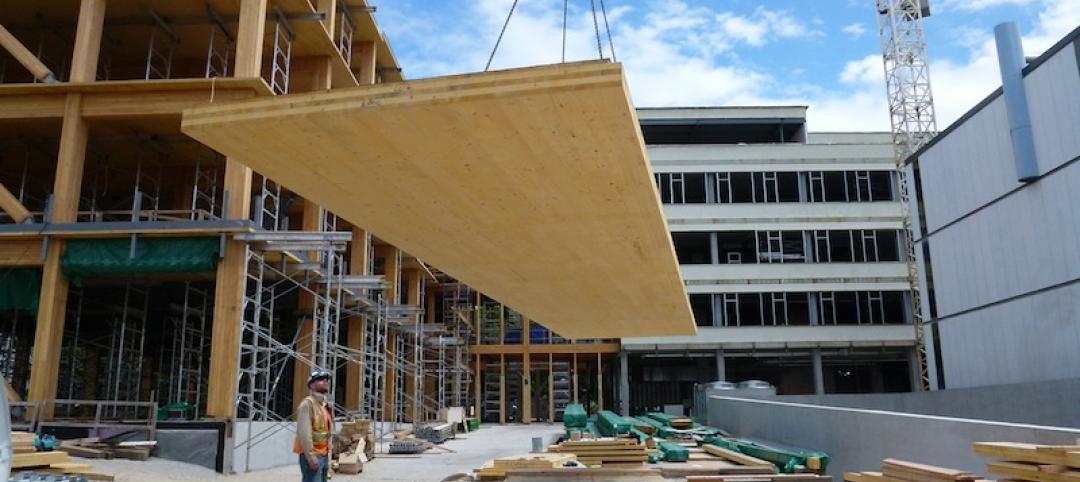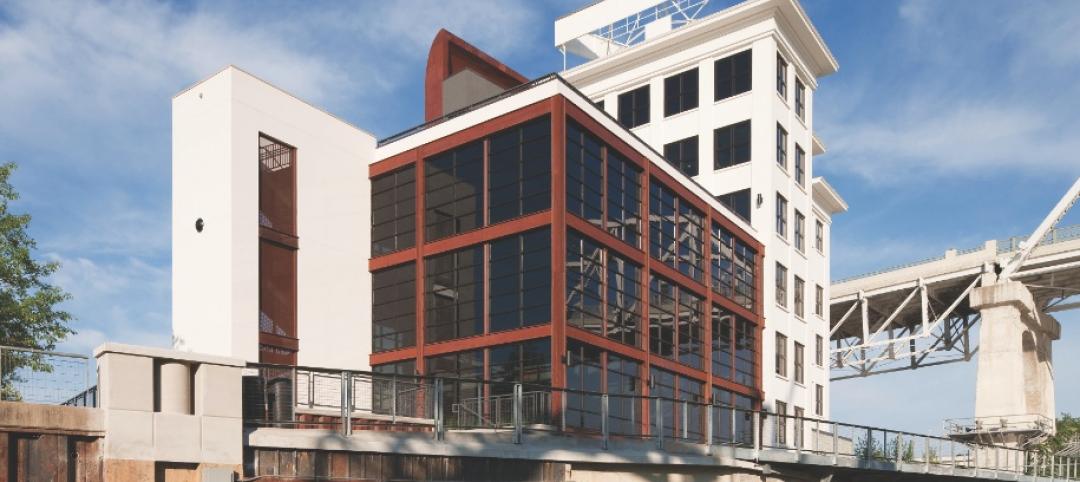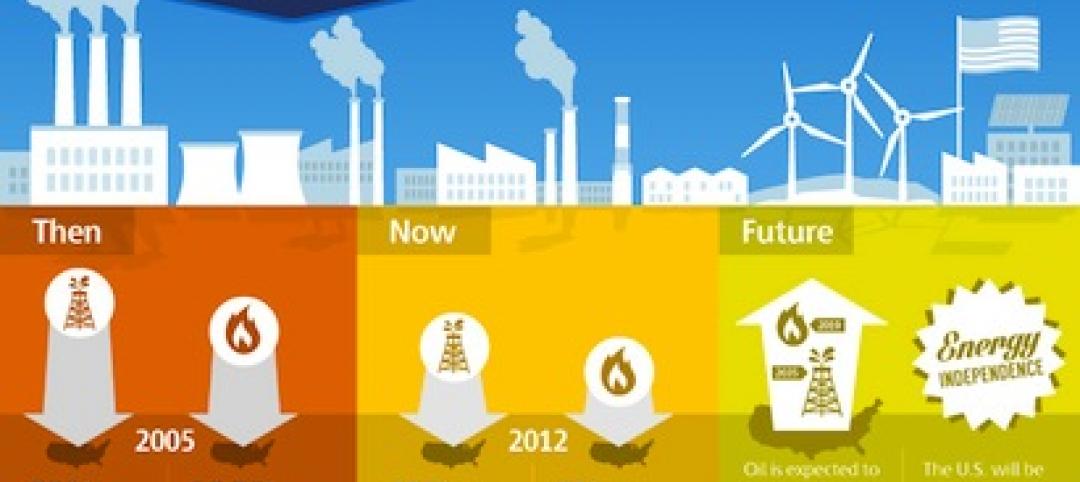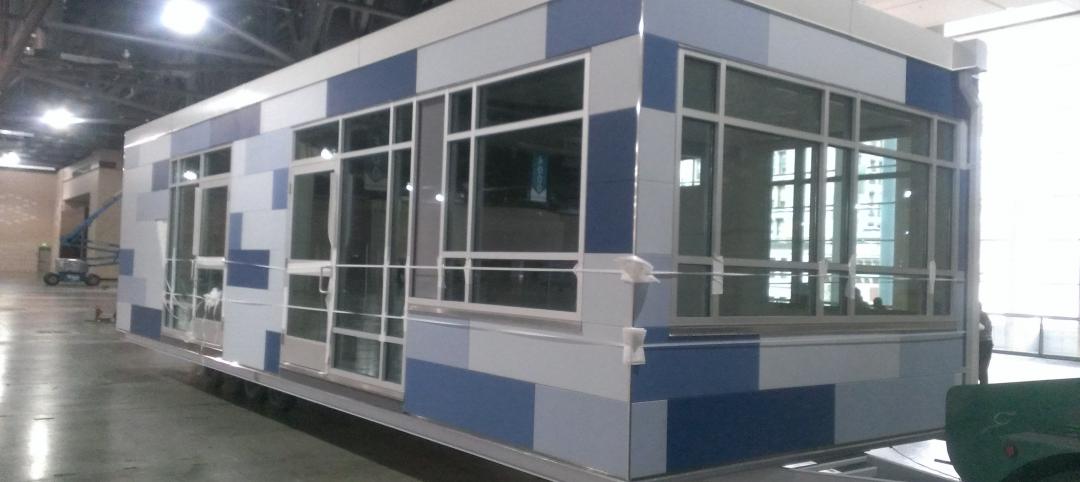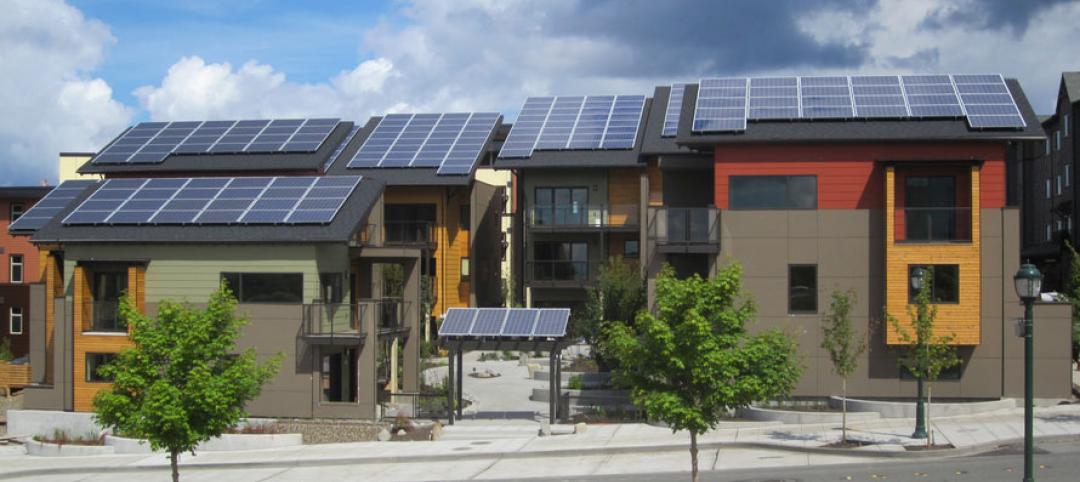WASHINGTON, DC (March 8, 2011) – The Institute for Market Transformation (IMT) and the Natural Resources Defense Council (NRDC) today announced the launch of BuildingRating.org, the world’s first comprehensive resource on energy performance rating and disclosure policies for homes and commercial buildings.
BuildingRating.org contains a searchable library of rating and disclosure information and a user-friendly, interactive map of global policies and programs. BuildingRating.org users can search more than 100 countries and jurisdictions to learn where policies are enacted and how they are being implemented, what types of rating systems are used to evaluate energy performance, and how policies are impacting markets.
“We are pleased to launch BuildingRating.org at this important time in the evolution of global energy rating and disclosure policy,” said Andrew Burr, director of IMT’s Building Energy Rating program. “This resource will be a conduit for policymakers to find and exchange ideas and best practices, and a tool for the real estate industry to track and comply with local policies and programs.”
Energy rating and disclosure encourages energy efficiency by raising consumer awareness about the energy performance and energy cost of homes and buildings. The European Union, China, Australia and a number of U.S. states and cities have enacted rating and disclosure policies.
“Governments around the world are embracing building energy rating and disclosure as a policy tool to reduce energy usage in homes and buildings, drive investments in building energy efficiency and boost local economies by creating jobs,” said Dale Bryk, director of NRDC's Air and Energy Program. “BuildingRating.org is a valuable resource that will help accelerate this trend in U.S. states and cities.”
Last month, the city of San Francisco enacted a commercial rating and disclosure policy, one of nearly 20 such policies related to homes or commercial buildings that are now in place in the United States. IMT staff is in frequent contact with government officials in many U.S. states and cities and updates BuildingRating.org weekly to reflect new policies, policy proposals and research from around the world.
“The initial information-gathering process for BuildingRating.org took more than four months to complete,” said David Leipziger, research associate at IMT and the lead researcher for BuildingRating.org. “We believe cataloguing this information and making it accessible will benefit diverse stakeholders in the public and private sectors.”
ABOUT THE INSTITUTE FOR MARKET TRANSFORMATION
The Institute for Market Transformation (IMT) is a Washington, DC-based nonprofit organization promoting energy efficiency, green building and environmental protection in the United States and abroad. IMT’s work addresses market failures that inhibit investment in energy efficiency and sustainability in the building sector. Visit us at www.imt.org.
ABOUT THE NATURAL RESOURCES DEFENSE COUNCIL
The Natural Resources Defense Council (NRDC) is an international nonprofit environmental organization with more than 1.3 million members and online activists. Since 1970, our lawyers, scientists, and other environmental specialists have worked to protect the world's natural resources, public health, and the environment. NRDC has offices in New York City, Washington, D.C., Los Angeles, San Francisco, Chicago, Livingston, Montana, and Beijing. Visit us at www.nrdc.org.
Related Stories
| Nov 19, 2013
Top 10 green building products for 2014
Assa Abloy's power-over-ethernet access-control locks and Schüco's retrofit façade system are among the products to make BuildingGreen Inc.'s annual Top-10 Green Building Products list.
| Nov 15, 2013
Greenbuild 2013 Report - BD+C Exclusive
The BD+C editorial team brings you this special report on the latest green building trends across nine key market sectors.
| Nov 14, 2013
How increased domestic energy production affects the nation [Infographic]
In light of America's new energy resources and an increased emphasis on energy efficiency, Skanska examined the trends in U.S. energy production and consumption, as well as the benefits we may incur from increased domestic energy production.
| Nov 14, 2013
Behind the build: BD+C's 'Pedia-Pod' modular pediatric patient unit at Greenbuild 2013 [slideshow]
Next week at Greenbuild, BD+C will unveil its demonstration pediatric patient unit, called Pedia-Pod. Here's a behind-the-scenes look at the construction of this unique modular structure.
| Nov 13, 2013
Installed capacity of geothermal heat pumps to grow by 150% by 2020, says study
The worldwide installed capacity of GHP systems will reach 127.4 gigawatts-thermal over the next seven years, growth of nearly 150%, according to a recent report from Navigant Research.
| Nov 8, 2013
Can Big Data help building owners slash op-ex budgets?
Real estate services giant Jones Lang LaSalle set out to answer these questions when it partnered with Pacific Controls to develop IntelliCommand, a 24/7 real-time remote monitoring and control service for its commercial real estate owner clients.
| Nov 8, 2013
Net-zero bellwether demonstrates extreme green, multifamily style
The 10-unit zHome in Issaquah Highlands, Wash., is the nation’s first net-zero multifamily project, as certified this year by the International Living Future Institute.
| Nov 8, 2013
Exclusive survey: Architects balance ideals, skepticism regarding green strategies
Architects are seeking affirmation that the complex array of programs, systems, and tools at their disposal actually do result in more sustainable buildings, according to a recent survey of architects by Building Design+Construction.
| Nov 6, 2013
Energy-efficiency measures paying off for commercial building owners, says BOMA study
The commercial real estate industry’s ongoing focus on energy efficiency has resulted in a downward trend in total operating expenses (3.9 percent drop, on average), according to BOMA's Experience Exchange Report.
| Nov 6, 2013
PECI tests New Buildings Institute’s plug load energy use metrics at HQ
Earlier this year, PECI used the NBI metrics to assess plug load energy use at PECI headquarters in downtown Portland, Ore. The study, which informed an energy-saving campaign, resulted in an 18 percent kWh reduction of PECI’s plug load.


